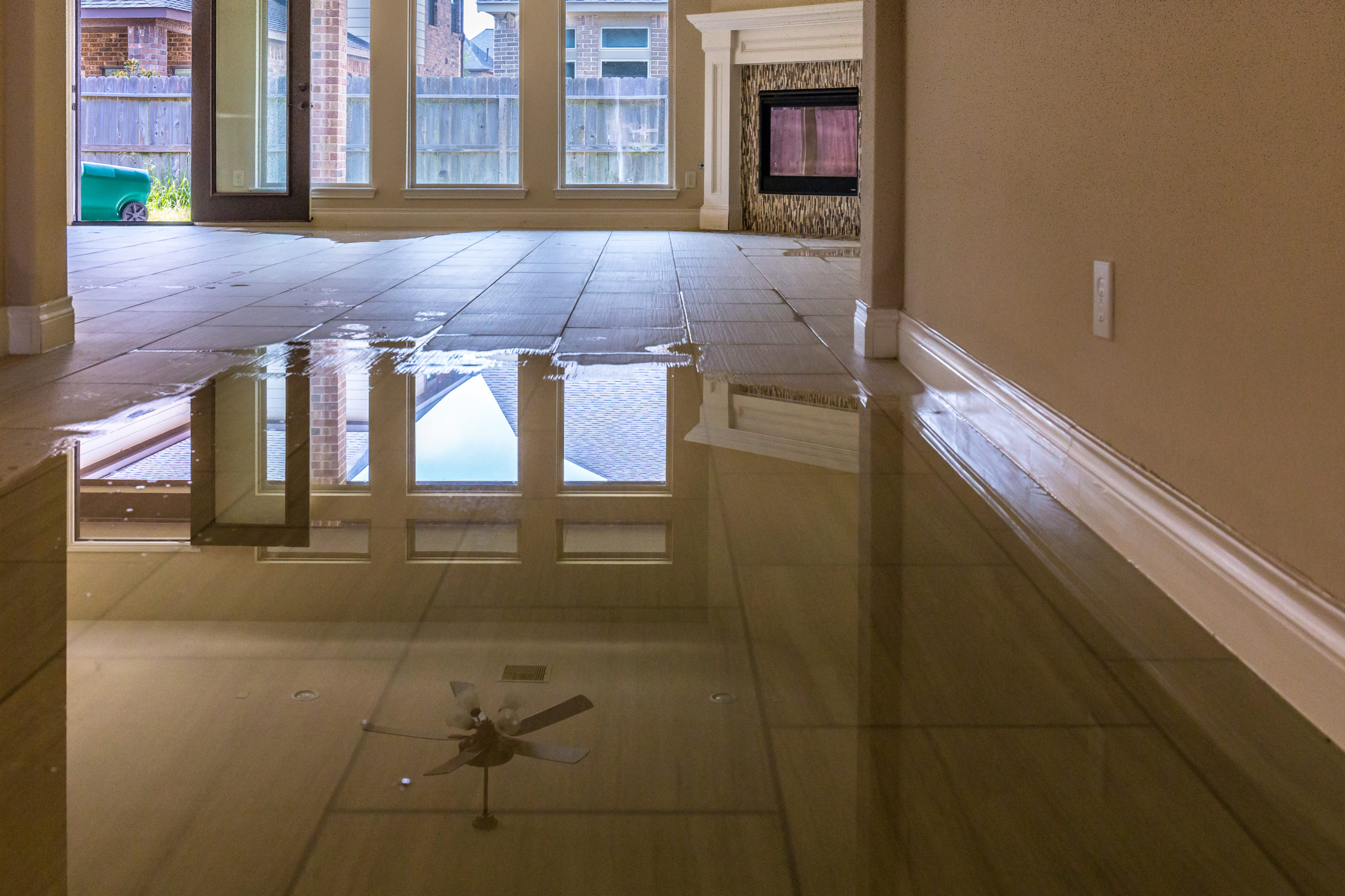
During the final week of September 2022, Hurricane Ian barreled across the Gulf Coast of Florida and brought both torrential rains and howling winds across the entirety of the state.
As a result, many property owners were made to face the reality of flooding — the likes of which can easily become the root of indoor mold growth.
If you have questions about these circumstances, we’re here to help you with comprehensive answers.
#1 — How Does Water Get In?
“Occasionally water will enter buildings from the outside due to poor drainage or particularly heavy rains,” according to the University of Florida Division of Environmental Health and Safety. “Water entering due to flooding is considered to be in the same category as sewage tainted water.”
The closer you are to a major body of water, the more likely you are to experience this flooding during a strong hurricane or tropical system. Your city’s stormwater infrastructure may also play a role in residential flooding, so be sure to keep this in your mind throughout the season.
Otherwise, some other common sources of indoor water damage/intrusion include:
- Bursting pipes
- Leaks around doors and windows
- Roof damage
- And more
#2 — How Quickly Should I Act?
The short answer? Immediately.
“If you have a water problem in your home, keep in mind that it is critical to dry it within 24 hours,” the Indoor Air Quality (IAQA) explains, as some molds are capable of growing in a space within a 24 to 48-hour period.
You may also choose to take further action to help mitigate mold growth. For example, you can try to actively reduce the amount of humidity trapped in your home following a hurricane.
“Use an air conditioner or a dehumidifier to reduce the indoor humidity levels below 60%,” the Florida Department of Health (FLDOH) specifies. “If you have a central air conditioning system and need a dehumidifier to reduce relative humidity below 60%, you should have the air conditioning system examined for problems.”
Also, remember that it is of the utmost importance that you call in a locally-trusted professional as soon as possible.
#3 — Who Do I Call for Help?
You deserve to be well-informed about potential mold growth within your property. After all, information is empowerment, and we’re here to provide that for you.
If you believe you may be facing mold growth in your home following the most recent storm or hurricane, do not go out to purchase a DIY mold kit. Instead, call Luce Air Quality!
Our team of licensed and certified technicians is equipped to locate, identify, and confirm the extent to which mold has contaminated your home. We not only provide you with quick results but also offer you trusted solutions and actionable recommendations.
We are your local indoor environmental experts. To begin the process of combatting potentially-hazardous spores, contact us today by calling (904) 803-1014!


